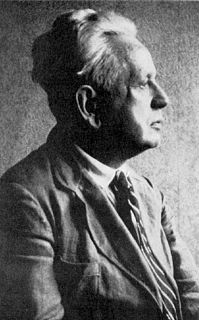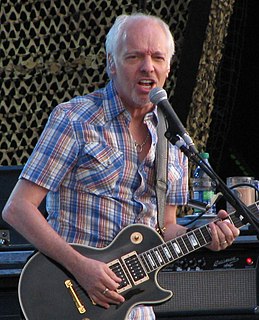A Quote by D. Patrick Miller
I think the fear of being seen as childish or crazy severely limits our enjoyment of the world around us, thus inducing a state of boredom that in turn gives rise to much of the stupidity and meanness that oftem seem to epitomize the human condtion. In fact, these ills merely signify that the dues we pay for adult respectability are far too high, and bring some 'benefits' of questionable value.
Related Quotes
Its [the anthropological method] power to make us understand the roots from which our civilization has sprung, that it impresses us with the relative value of all forms of culture, and thus serves as a check to an exaggerated valuation of the standpoint of our own period, which we are only too liable to consider the ultimate goal of human evolution, thus depriving ourselves of the benefits to be gained from the teachings of other cultures and hindering an objective criticism of our own work.
Our everyday cares, making a living, the crazy rat race of life, often make us forget the value of a good deed. Thus, the goodness that exists within each and every one of us is covered with layer upon layer of indifference and unawareness. In fact, we almost have to be reminded of the fact that goodness is there inside us.
Throughout our lives we long to love ourselves more deeply and to feel connected with others. Instead, we often contract, fear intimacy, and suffer a bewildering sense of separation. We crave love, and yet we are lonely. Our delusion of being separate from one another, of being apart from all that is around us, gives rise to all of this pain.
But no value has been put on human life; it is given to us free and taken without being paid for. What is it worth? If you look around, at times the value may seem to be little or nothing at all. Often after you have sweated and tried and things are not better for you, there comes a feeling deep down in the soul that you are not worth much.
Looking to the material world for the satisfaction of our inner needs is the source of much fear. All fear is, in essence, fear of the future. We are afraid of things that have not yet happened, but which if they did might bring us pain, suffering, or some other discomfort - or stand in the way of some future contentment. And we are afraid that circumstances that are already causing us displeasure may continue in the future.
It is an odd fact of evolution that we are the only species on Earth capable of creating science and philosophy. There easily could have been another species with some scientific talent, say that of the average human ten-year-old, but not as much as adult humans have; or one that is better than us at physics but worse at biology; or one that is better than us at everything. If there were such creatures all around us, I think we would be more willing to concede that human scientific intelligence might be limited in certain respects.
One of the sayings in our country is Ubuntu - the essence of being human. Ubuntu speaks particularly about the fact that you can't exist as a human being in isolation. It speaks about our interconnectedness. You can't be human all by yourself, and when you have this quality - Ubuntu - you are known for your generosity. We think of ourselves far too frequently as just individuals, separated from one another, whereas you are connected and what you do affects the whole World. When you do well, it spreads out; it is for the whole of humanity.



































